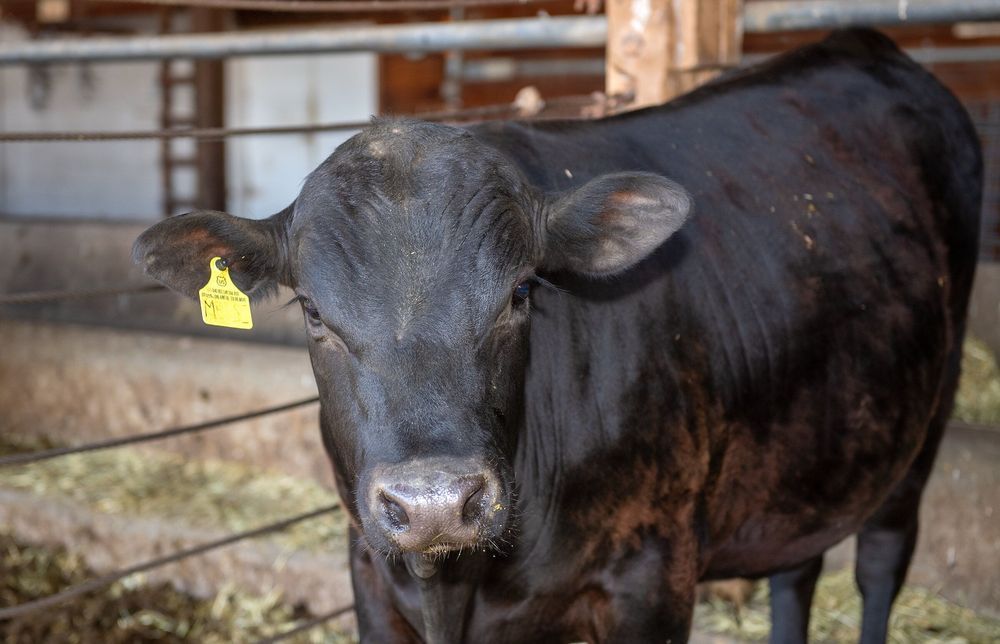For the first time, scientists have created pigs, goats and cattle that can serve as viable “surrogate sires,” male animals that produce sperm carrying only the genetic traits of donor animals.
The advance, published in the Proceedings of the National Academy of Sciences on Sept. 14, could speed the spread of desirable characteristics in livestock and improve food production for a growing global population. It also would enable breeders in remote regions better access to genetic material of elite animals from other parts of the world and allow more precision breeding in animals such as goats where using artificial insemination is difficult.
“With this technology, we can get better dissemination of desirable traits and improve the efficiency of food production. This can have a major impact on addressing food insecurity around the world,” said Jon Oatley, a reproductive biologist with WSU’s College of Veterinary Medicine. “If we can tackle this genetically, then that means less water, less feed and fewer antibiotics we have to put into the animals.”










Leave a reply